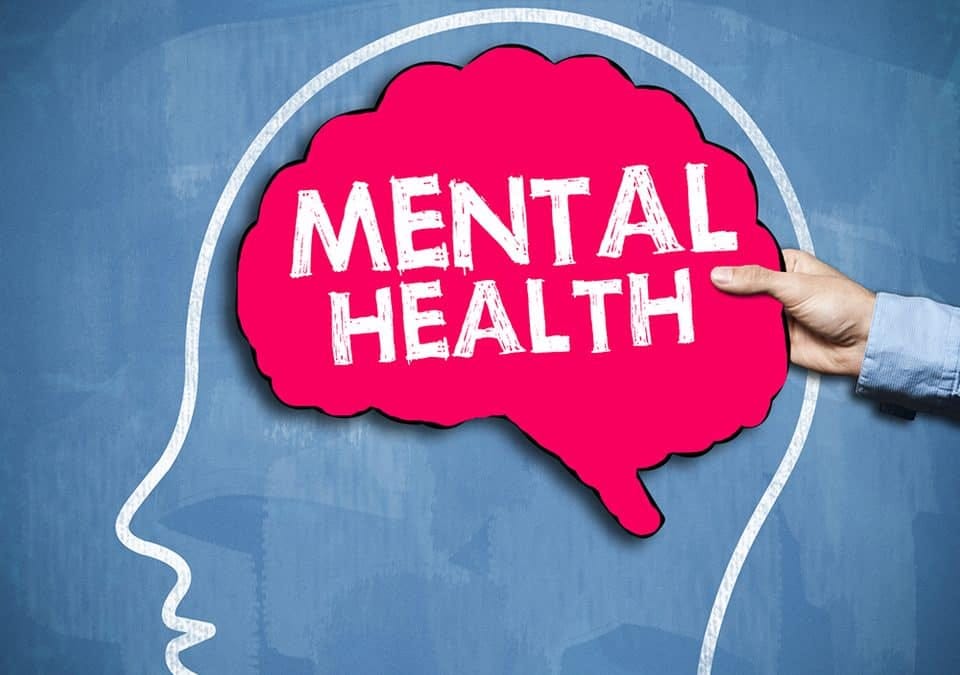
Mental health is a cornerstone of overall well-being, influencing every aspect of our lives. Its significance extends beyond the absence of mental illnesses; it encompasses emotional resilience, cognitive functioning, and the ability to navigate life's challenges. Here's a closer look at why mental health is crucial for a fulfilling and balanced life.

Mental health forms the foundation of emotional resilience. It equips individuals with the tools to cope with stress, bounce back from setbacks, and navigate the spectrum of emotions effectively. Emotional resilience contributes to a positive outlook on life, fostering adaptability and strength in the face of adversity.
Optimal mental health enhances cognitive functioning. A healthy mind is associated with improved concentration, sharper focus, and enhanced decision-making abilities. The ability to process information efficiently and think critically is a testament to the importance of mental health in our daily lives.
Mental health profoundly influences our interactions with others. When individuals prioritize their mental well-being, they are better equipped to form and maintain positive relationships. Effective communication, empathy, and the ability to connect emotionally all stem from a foundation of good mental health.
The mind-body connection is undeniable, and mental health plays a pivotal role in maintaining overall physical health. Mental well-being is associated with improved immune function, better cardiovascular health, and a reduced risk of chronic diseases. A harmonious relationship between mental and physical health is essential for holistic well-being.

In the professional realm, mental health is a key factor in productivity and performance. Employees with good mental well-being are often more engaged, creative, and resilient in the face of workplace challenges. A positive mental state contributes to a thriving and efficient work environment.
Mental health is not just about surviving; it's about thriving and enjoying a high quality of life. Individuals with good mental well-being experience a greater sense of fulfillment, purpose, and satisfaction in their day-to-day lives. It forms the basis for a life rich in meaning and joy.
Prioritizing mental health is a proactive approach to prevent the onset of mental illnesses. Just as physical health requires preventive measures, maintaining good mental health through self-care, stress management, and support systems is a preemptive strategy against mental health disorders.
A population with prioritized mental health contributes to the overall well-being of communities and societies. Reduced stigma around mental health, increased awareness, and accessible mental health resources create a collective impact, fostering a healthier and more supportive social fabric.
Mental health is intricately linked to life satisfaction and happiness. Individuals who invest in their mental well-being often report a higher sense of fulfillment and happiness. It shapes the narrative of their lives, leading to a more positive and optimistic outlook.

Recognizing the importance of mental health is also a matter of human rights. Upholding mental health is an acknowledgment of each individual's right to dignity, equality, and the opportunity to lead a life free from discrimination and stigma.
In summary, mental health is indispensable for a life that is not merely functional but one that thrives in emotional, cognitive, and social dimensions. By understanding and prioritizing mental health, individuals, communities, and societies can foster a collective environment where everyone has the opportunity to live a fulfilling and balanced life.
Disclaimer: SPIRITUAL DEVOUT claims no credit for images featured on our blog site unless otherwise noted. All visual content is copyrighted to its respectful owners.